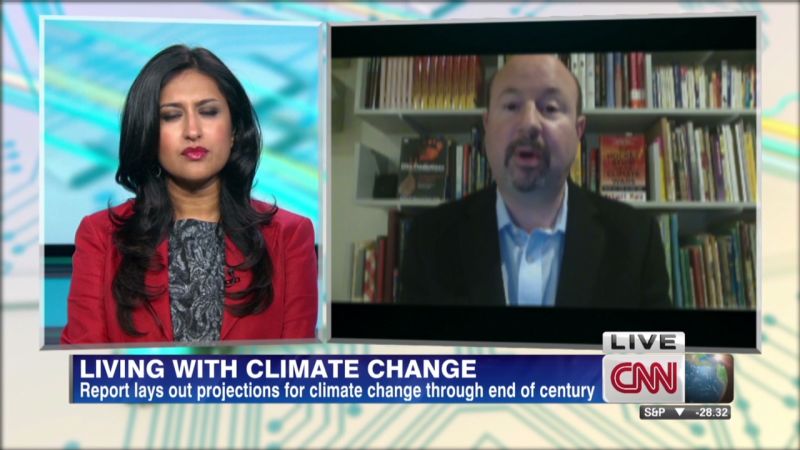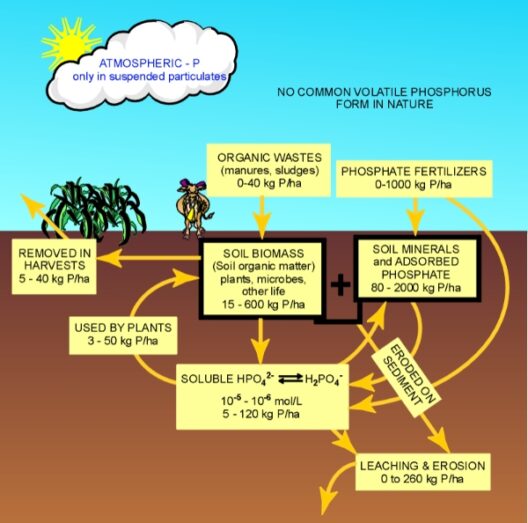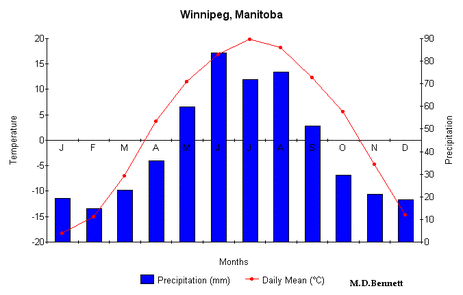Are we the problem? As we traverse the intricate landscape of climate science, it becomes imperative to interrogate our role in the unfolding narrative of climate change. This inquiry invites a dichotomy: on one hand, humanity’s ingenuity has propelled unprecedented advancements; on the other, the ramifications of these innovations are profoundly disconcerting. So, what exactly is our contribution to climate change, and how can we navigate this contemporary predicament?
To scrutinize the multifaceted relationship between human activity and climate change, we should first dissect the primary sources of greenhouse gas emissions. The Intergovernmental Panel on Climate Change (IPCC) identifies several key contributors, including fossil fuel combustion, deforestation, and agricultural practices. The sheer scale of industrial activity is staggering—transportation alone accounts for nearly 14% of global emissions. This figure is a testament to our reliance on carbon-intensive energy sources, such as oil and coal, which release copious amounts of carbon dioxide into the atmosphere.
Further complicating matters is the phenomenon of deforestation. Trees act as natural carbon sinks, absorbing CO2 from the environment. However, the relentless expansion of agriculture and urbanization results in the obliteration of vast swathes of forested land. The Amazon Rainforest, oft referred to as the “lungs of the Earth,” is a poignant example. Its degradation not only exacerbates carbon emissions but also diminishes biodiversity, creating a ripple effect that undermines ecosystem stability.
Beyond these direct emissions, societal practices have insidiously perpetuated a culture of overconsumption. The modern lifestyle, characterized by a propensity for convenience and disposability, engenders significant waste. From plastic pollution to food waste, the environmental impact reverberates through various ecological spheres. For instance, the production of single-use plastics not only releases greenhouse gases but also culminates in marine pollution, which has catastrophic effects on marine life and oceanic ecosystems.
The challenge becomes manifest when we dissect our economic systems and their contributions to climate change. Conventional models often prioritize short-term gains over long-term sustainability, incentivizing resource extraction at the expense of the planet’s well-being. This ethos is entrenched in capitalism, where profit margins frequently overshadow ecological considerations. As stewards of the Earth, we must address whether these systems are inherently flawed or just in need of a paradigm shift. Can we cultivate an economic framework that harmonizes environmental stewardship with prosperity?
Historical inertia plays a significant role in this conversation. The industrial revolution, a watershed moment in human history, marked an era of immense growth, which has continued to this day. However, this progress was predicated upon the exploitation of natural resources. A conundrum arises: how do we remedy the mistakes of our past while still maintaining the advantages gained through industrialization? The solution may lie in the adoption of renewable energy sources. Innovations like solar, wind, and hydroelectric power represent not just alternatives to fossil fuels, but also pathways toward a more sustainable future.
Yet, the transition to renewable energy is not without its obstacles. Infrastructure limitations, economic concerns, and intermittent energy supply are challenges that must be addressed. For example, while the solar energy sector has burgeoned in recent years, its growth still faces hurdles, such as potential land use conflicts and raw material challenges. These complexities necessitate collaborative efforts across sectors—governments, businesses, and civil society must unite to forge a resilient framework for energy transition.
The role of policy is equally crucial. Governments wield the power to enact regulations that can either stifle or stimulate change. The implementation of carbon pricing mechanisms, renewable energy mandates, and emissions reduction targets can create the impetus for organizations and individuals to modify their behaviors. International agreements, such as the Paris Accord, serve as vital platforms for fostering global cooperation. However, the principles outlined in such agreements hinge on collective commitment—an endeavor that is frequently marred by geopolitical complexities and conflicting national interests.
Meanwhile, individual actions play a pivotal role in the larger context of climate change mitigation. Every choice, from the mode of transportation one employs to the dietary preferences one adopts, contributes to the cumulative impact on the environment. Adopting a more plant-based diet, utilizing public transportation, or reducing the consumption of single-use products can significantly decrease one’s carbon footprint. Therefore, we face a dual challenge: how to incentivize collective behavioral change while instilling a sense of personal responsibility in individuals.
Education emerges as a fundamental tool in this transformative process. Raising awareness about climate change can empower individuals and communities to take meaningful actions. As we grapple with the intricacies of the issue, discussions surrounding climate literacy will become increasingly vital. Institutions, educators, and activists must work together to illuminate the connections between human actions and environmental outcomes, fostering a generation of informed citizens poised to advocate for change.
In conclusion, the question remains: are we the problem? The answer is complex, woven into the fabric of our societal structures and personal choices. While human activity has undeniably contributed to climate change, the potential for redemption through innovation, policy reform, and collective action is equally substantial. The path forward hinges on our willingness to acknowledge our role and embrace the challenge, transforming our stewardship of the planet from a burdensome legacy into a beacon of hope for future generations. As stewards of this Earth, let us ponder—can we not, through concerted effort and unwavering resolve, become part of the solution?







